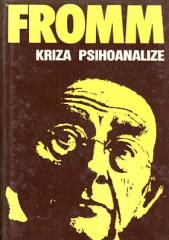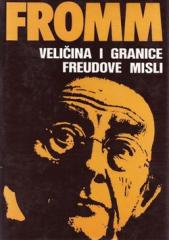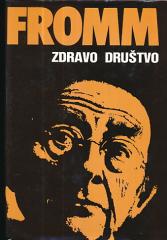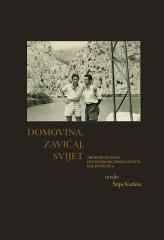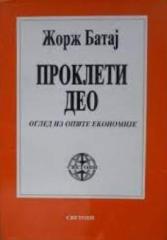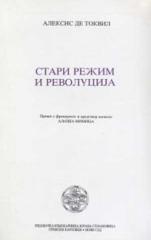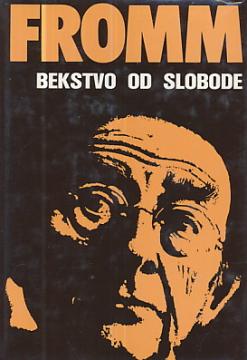
Bekstvo od slobode
U delu „Bekstvo od slobode” (1941) Erih From analizira psihološke i socijalne efekte savremenog koncepta slobode.
From u svojoj analizi polazi od istorijskog konteksta prelaska iz srednjovekovnog u moderno društvo, gde čovek postepeno gubi sigurnost zajednice i tradicije, ali istovremeno stiče ličnu slobodu. Ali ova sloboda, iako formalno oslobađa, takođe izaziva osećaj izolovanosti, nemoći i anksioznosti.
From tvrdi da mnogi pojedinci ne mogu da se nose sa teretom slobode, pa nesvesno traže načine da ga pobegnu. Ovo bekstvo može imati tri oblika: autoritarnost (potčinjavanje jačoj sili ili dominacija nad drugima), destruktivnost (nagon za uništavanjem sebe ili drugih) i konformizam (prilagođavanje očekivanjima društva uz gubljenje sopstvenog identiteta).
U svojoj analizi nacizma, From pokazuje kako su društveni i psihološki uslovi stvorili plodno tlo za masovno prihvatanje autoritarne vladavine. Ljudi su tražili sigurnost u vođi, jer nisu mogli da podnesu neizvesnost koju donosi sloboda.
From zaključuje da je jedini zdrav odgovor na slobodu razvoj autentične individualnosti, zasnovane na ljubavi, kreativnosti i racionalnosti. Sloboda ne treba da znači izolaciju, već mogućnost da čovek postane ono što zaista jeste.
Nema primeraka u ponudi
Poslednji primerak je nedavno prodat.
